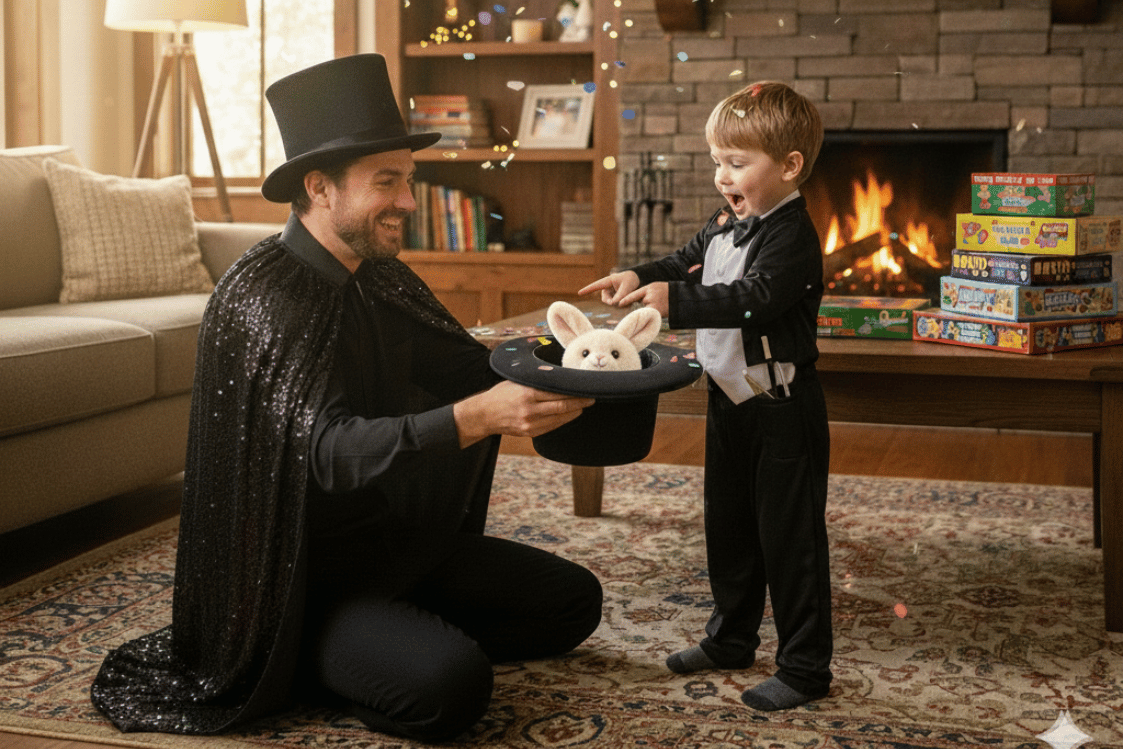The topic of healthy sleep is one in which people have diverse opinions. Many say that regardless of how many hours you sleep, or what time of the day (or night) you sleep, what matters most is that it is quality rest that can sufficiently sustain your lifestyle. For some people, that means only 4-6 hours of sleep a night but others may require 8-10 hours of sleep to feel optimally functional.
But experts agree that there is indeed an optimal sleeping environment that promotes healthy, restful, rejuvenating sleep. Research shows that sleep is a vital component of our overall health because it aids the body in preparing itself for the next day. Sleep allows your brain and body to recharge while also potentially preventing health issues such as heart diseases, excess weight gain, and prolonged illness.
The general mantra accepted by sleep experts is that a sleeping environment should be cool, dark, and quiet. This will allow you to fall asleep more easily as well as stay asleep for longer.
From the temperature that a room should be to the mattress you sleep on, the article will provide tips on getting the best sleep of your life that will allow you to live that life to the fullest.
Sleep Cool
While everyone loves snuggling under a set of warm, fuzzy blankets, a cool room temperate can make a significant difference in the quality and duration of your sleep. In fact, experts agree that a proper temperature-controlled room is the most important factor in getting a healthy and restful night’s sleep. This is due, in part, to the fact that our bodies are programmed to experience a slight dip in core temperature in the evening. This also coincides with the release of the sleep-regulating hormone called Melatonin. The most optimal temperature to sleep in is between 60 - 67 degrees Fahrenheit.
Warm Feet for Good Sleep
Though it’s best to sleep in a good room, it’s even better to keep your feet toasty. One of the reasons is because warm (and hands) open the blood vessels and help to increase circulation in the body and signal that it’s time for sleep. Feet that are too cold may cause you to awaken multiple times in the middle of the night, interrupting your sleep. Toss on a pair of comfy cotton, wool, or cashmere socks that aren’t too tight to keep those toes warm and cozy.
Limit Light Sources
Again, this tip likely seems like it should be obvious, but many people forget that even devices like mobile phones, televisions, and computers emit a light source that can disrupt your ability to fall asleep or stay asleep. Limiting all natural and unnatural light sources help encourage the brain to produce melatonin and send the message to your brain that sleep is imminent. A helpful tip to transition to sleep time is to turn off all lights and perhaps switch on forms of softer light such as a salt lamp, candles (or LED candles), or twinkle lights. Do your best to turn off cell phones and screens that emit blue light at least an hour for bedtime to promote healthy sleep.
Peace and quiet
Most of us naturally prefer sleeping in a quiet environment, but it may surprise you to know that certain noises that fall under the category of “delta waves” can be helpful in promoting healthy sleep. The sounds of rain, a fan, or even white noise such as traffic or background music can produce the slow, deep, low-frequency delta waves that can trigger the brain and body to slow down and relax. Some people enjoy listening to these sounds in headphones as they drift off and there are many apps available that offer soothing delta wave music and sounds.
Other Environmental Factors for Good Sleep
It’s important to also take into account other aspects of your sleep environment that may either promote sleep or impede it. For example, a clutter-free space often reduces stress and helps to clear your mind in preparation for sleep. Ensuring you have a quality mattress and pillow can also go a long way in helping you get comfortable, restorative sleep. Finally, consider the modality of aromatherapy, which involves scented natural oils, candles, or incense that can lower your heart rate and bring that powerful state of relaxation your way.
Healthy sleep is key to a life of vitality, focus, energy, and adventure. For those who struggle with sleep, consider how your overall sleep environment and the activities you partake in a few hours before bedroom impact the amount and quality of sleep. When in doubt, eat well, hydrate, and move your body and mind each day to give yourself the best chance at amazing sleep.











Member discussion